Blog Categories
- Tips and Advice (55)
- Sustainability (26)
- Trends and Innovations (25)
- Tutorials and Templates (6)
- Regulations (2)
Dec
13
Posted on December 13, 2016 by Ash Bennett
13
How to choose a coffee machine for your cafe
Posted on December 13, 2016 by Ash Bennett
If you’re a café owner, your coffee machine and espresso equipment will be your bread and butter. So having a proper understanding of all the considerations ahead of purchase is crucial. What follows is a basic guide, but make sure you consult the experts in the industry before it comes time to part with cash.
Size of working space
First up it’s important to consider the configuration of your café space before choosing your espresso machine. You need enough counter space not only for the coffee machine and the grinder, but also extra space to access the steam wand and pour milk.
When you assess position and size of the coffee machine, consider also proximity to the power supply for the coffee machine and grinder, water supply/filtration and waste drainage.
Speed of service
Efficiency is crucial whatever the time of day. While whiz-bang coffee gadgetry like siphons or pour overs look cool, they can be time-consuming and inconsistent. Would you be prepared to wait ten minutes for a coffee on the way into work?
If you are going to opt for manual brewing methods, consider something faster such as the AeroPress.
Volume of coffee
How many coffees will you be doing at the busiest time of day? How many per day or per week? The type of machine you choose should be based largely on how many drinks you’ll be serving. You can choose from one- to four-group machines, with one-group machines suiting small coffee shops that use up to five kilos of coffee per week. Four-group machines are more suited to high-volume cafés with larger bench space and more than one barista working at all times, turning over around 70 kilos of coffee per week.
Type of boiler
The espresso machine performs two tasks: extracting espresso and steaming milk. A single boiler can only do one task at any one time, extract the espresso or steam milk. A dual boiler or heat exchanger is therefore a better option for high volume cafes because they allow you to simultaneously extract the espresso while steaming milk.
The dual boiler has two boilers kept at different water temperatures – one dedicated to brewing, the other to steam production. Double boiler espresso machines provide stable brew temperature and fast steaming, but can be larger and more expensive.
The heat exchanger has a single boiler kept at steam temperature with a tube inside the boiler for brewing water use. When water is required for brewing, cold water is drawn through the tube, heated up when passing through the heat exchanger boiler, and channeled to the group head.
Some baristas prefer the dual boiler because the water temperature is easier to control, whereas others prefer the heat exchanger because the brew water doesn’t come in direct contact with the boiler element.
Automatic or semi-automatic
With the semi-automatic espresso machine, the barista has greater control over the coffee extraction process with an on/off group switch to manually regulate the amount of water.
On the other hand, the automatic espresso machine not only provides shot consistency, but also frees the barista to multi-task. At the touch of a button, the single shot of espresso is poured, allowing the barista to have both hands free to froth the milk.
Design, price and brand
The espresso machine does act as a statement piece for your café, so understandably the look of the machine can be important. Other business owners will base their decision on price point, which can vary greatly according to brand, size and features. Regardless, it’s important to choose a reputable and reliable brand – particularly if the espresso machine is the linchpin of your operation.
You might also consider acquiring your coffee machine through a Rent-Try-Buy solution that will give you the opportunity to save your working capital, rather than spend it on depreciating assets. There is always an option to buy, or if you prefer you can continue renting or upgrade to a new machine when the time comes.
Bundle packaging
As a busy business owner, you probably don’t want to waste time dealing with many suppliers. Choose a coffee machine supplier that can also provide a one-stop shop for coffee machine maintenance, fresh coffee beans, hands-on barista training, and other consumables necessary to run your coffee business smoothly such as coffee cups, stirrers, syrups and other coffee-related products.
These are just some of the considerations to keep in mind when choosing a commercial coffee machine. Ultimately you will need to get professional advice before purchasing your coffee machine to ensure it meets your business needs.
While the initial outlay can seem exorbitant, when pitted against the potential costs of a substandard machine of poor quality or reliability, it’s a no-brainer that it’s a worthwhile investment for your business.

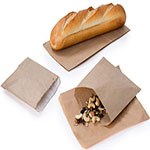

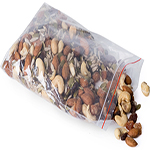



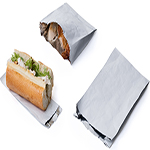


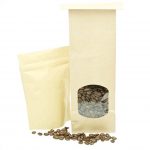

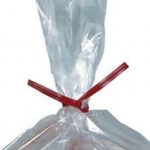

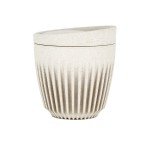
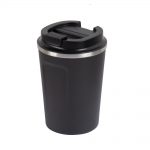
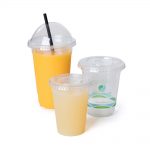
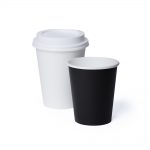

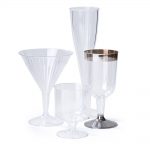
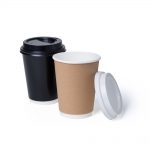
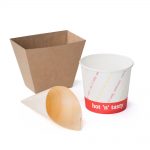
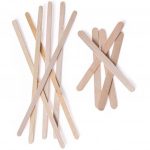
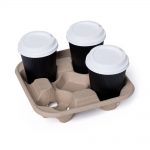
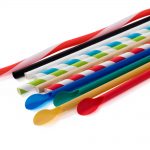
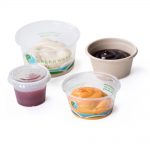
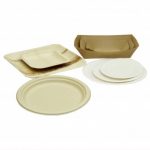
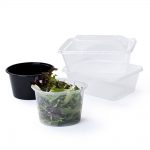
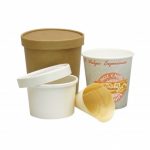
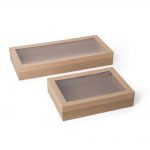
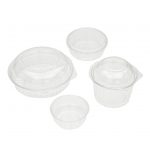

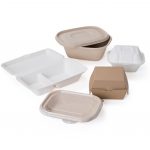
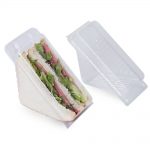
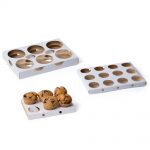
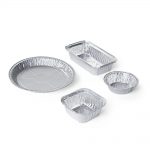
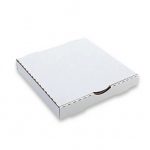

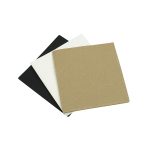
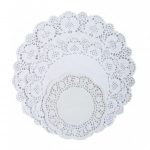
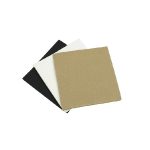
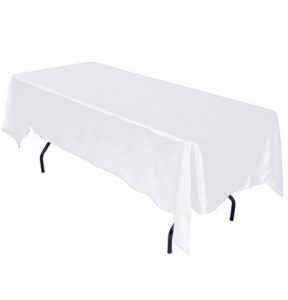
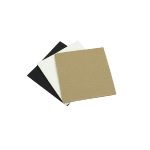
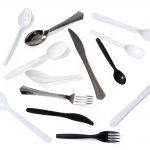
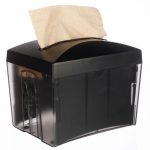
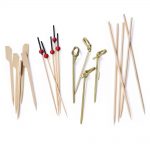

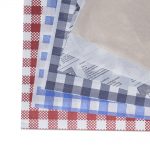
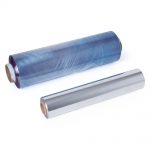



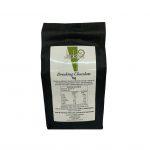
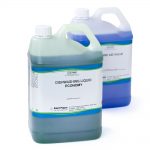
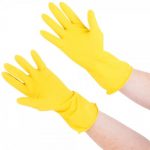
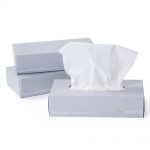
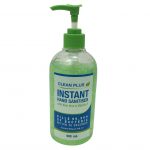


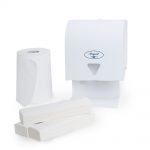
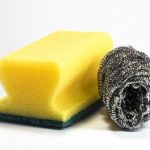
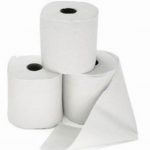
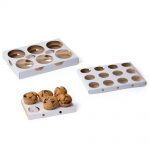


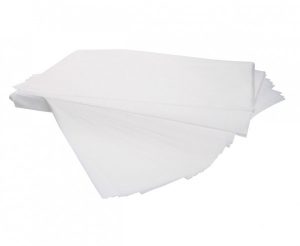




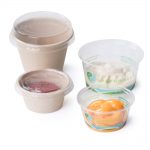
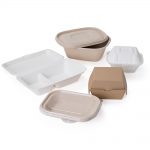
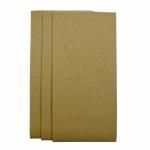
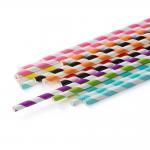

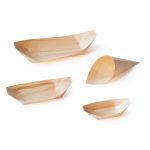
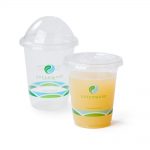
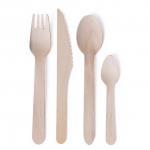
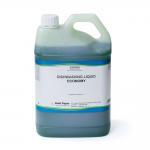
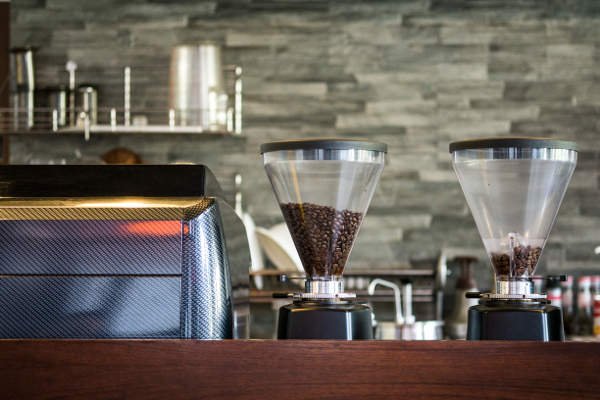

One Response to How to choose a coffee machine for your cafe
Comments: